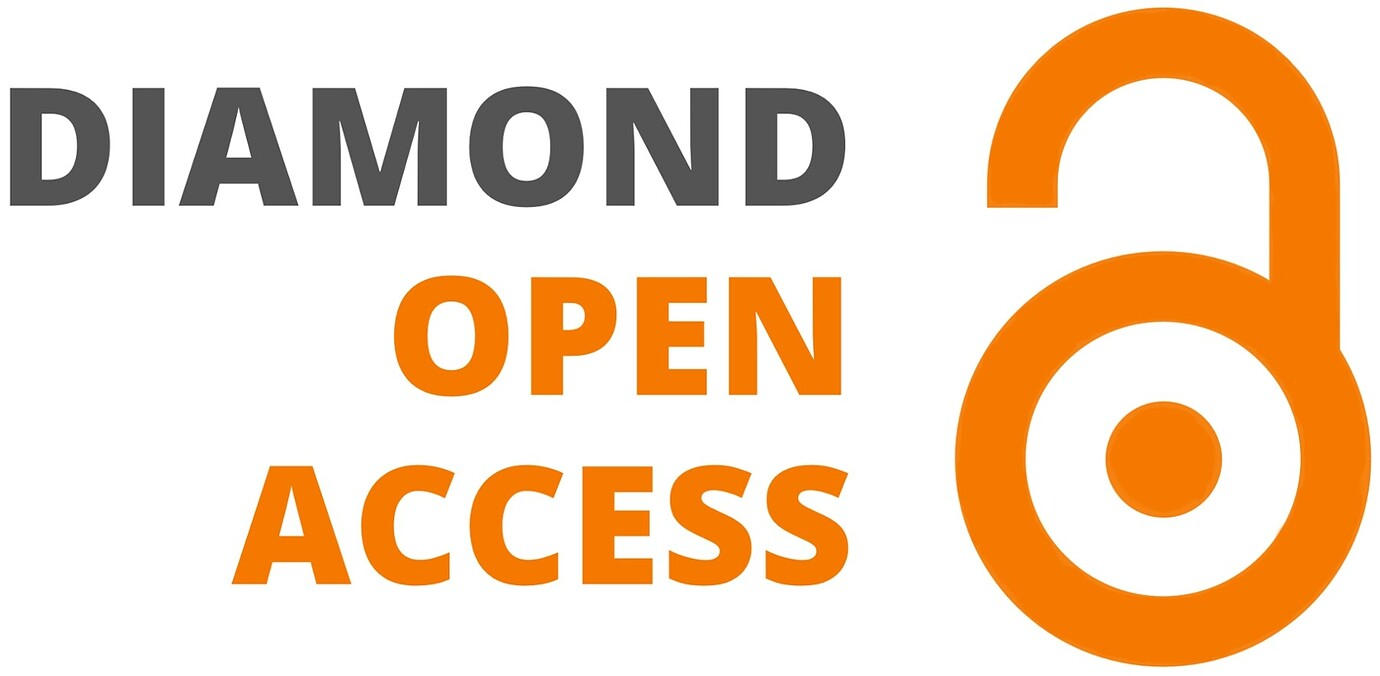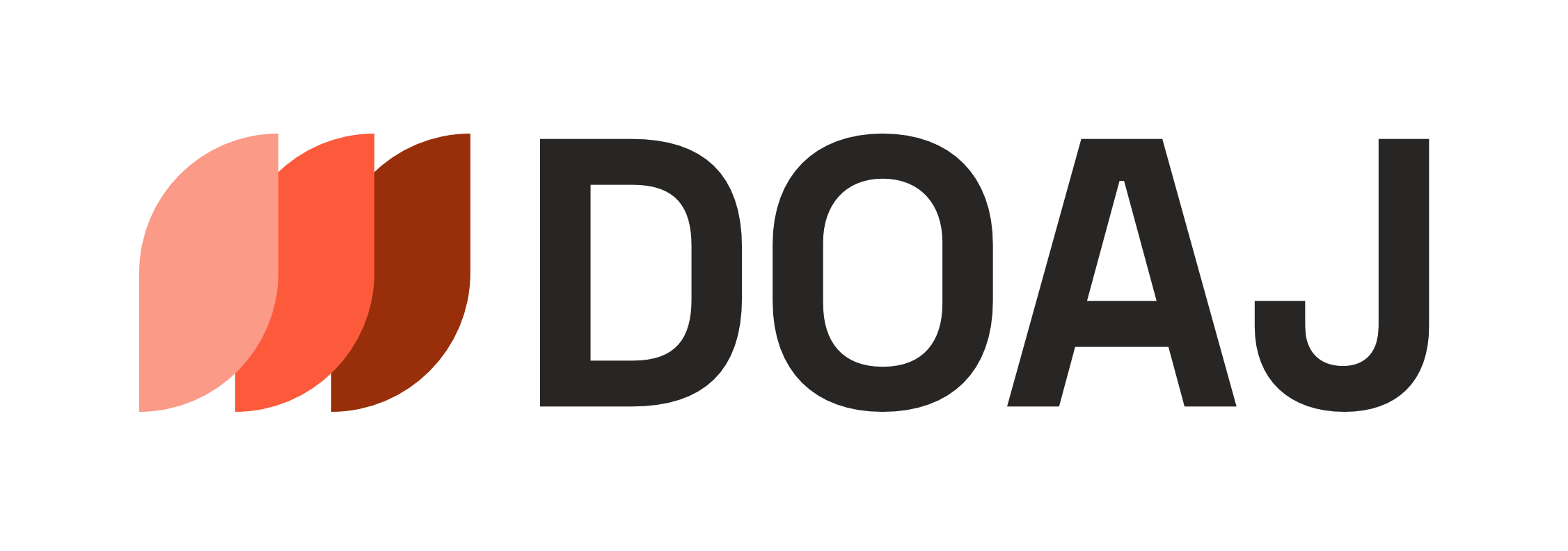Open Access Policy
Open Access Policy
Glossa is a signatory of the Budapest Open Access Initiative and supports the Open Access movement, promoting and encouraging the dissemination and reuse of its content as much as possible, at no cost to authors and readers (diamond open access model).
All articles and issues from issue 136, dated August 29, 2023, are published under the Creative Commons Attribution 4.0 International License (CC BY) and are freely accessible without the need for account creation or any constraints.
Unless stated otherwise, all readers are free to:
- Share — copy, distribute, and communicate the material by any means and in any format for any use, including commercial purposes.
- Adapt — remix, transform, and build upon the material for any use, including commercial purposes.
Under the following conditions:
- Attribution — You must give appropriate credit to the work, provide a link to the license, and indicate if changes were made to the work. You must do so in any reasonable manner, but not in any way that suggests the licensor endorses you or your use of the work.
- No Additional Restrictions — You may not apply legal terms or technological measures that legally restrict others from doing anything the license permits.
For more information, see the full legal code of the license.

Articles prior to issue 136 are freely available for consultation but were not published under a free license: you cannot share or reuse them.
Glossa has been registered in the Directory of Open Access Journals (DOAJ) since March 2025.

Copyright
To promote the dissemination of its content and contribute to open science, authors retain their rights to the articles to allow reuse and sharing by any desired means.
A non-exclusive rights transfer agreement, based on the model developed by the Open Science Committee, is signed between the authors and UNADREO to formalize the authorization for reproduction and exploitation of their articles in the digital journal Glossa.
Self-Archiving Policy
Glossa details its open access archiving policy via the Mir@bel Network (in French) and Sherpa/Romeo (in English), depending on the different versions of the articles (submitted, accepted, published).
Authors are allowed to deposit, if they wish, in open archives (HAL, institutional or university open archives, etc.) any version of their article (preprint, postprint, final version published by Glossa), with no embargo.
Digital Preservation Policy
The full text of the journal's articles is deposited in the PKP Preservation Network (PKP PN) to ensure long-term preservation: https://portal.issn.org/resource/ISSN/2117-7155




